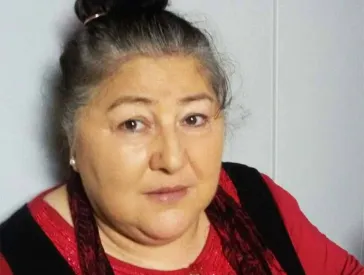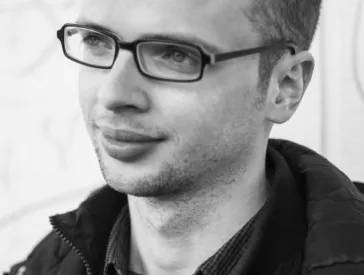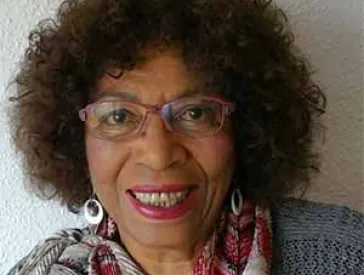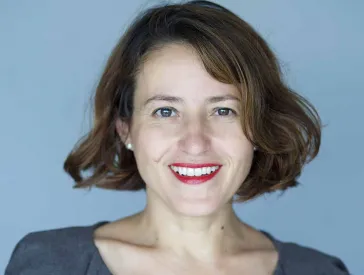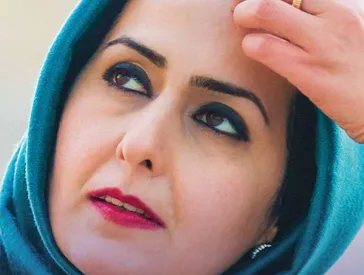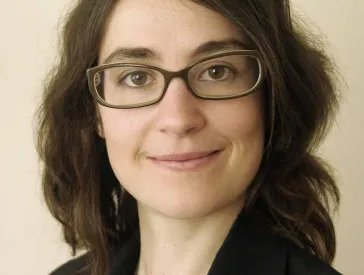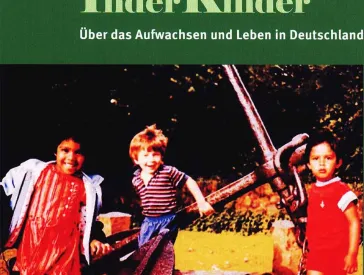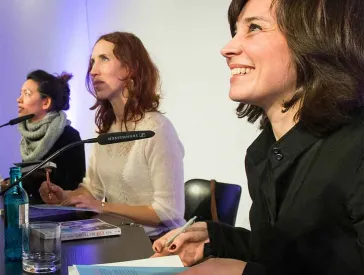“Other but not foreign”
Three Questions to David Ranan
Julia Jürgens
For his book, The shadows of the past are still long: Young Jews on their lives in Germany, culture researcher, David Ranan, conducted interviews with Jews between 20-40 whose grandparents survived the Holocaust and then settled in Germany after the war. The London-based author presented his book at the Academy of the Jewish Museum Berlin on 7 July 2015, as part of the series New German Stories.
On 6 July 2015 Julia Jürgens did a short interview with David Ranan and asked him the following three questions:
One question you asked your interviewees deals with the “packed luggage” the first and second generation seem to have at the ready, an expression of their inner conflict between being able to safely stay or having to again flee. Is there still this conflict within the third generation or how else would you describe its sense of belonging to Germany?
Jews in Germany don’t keep a bag packed anymore. Nearly all the interviewees confirm this. This doesn’t mean they feel a sense of belonging. One described the feeling as “other but not foreign.”
There are differences within the third generation, but generally speaking the younger Jews feel more German than the older ones. This is most evident, for example, in sports. One of my older interviewees said, “During the World Cup, those 10 years younger than I are wearing Germany jerseys. Their faces are painted in the German colors. They root for the German national team. This would never have happened in my family or in my family’s Jewish social circles.”
For our New German Stories series, we tend to present authors who have an (auto)biographical perspective of migration. Today, a large portion of Germany’s Jewish population includes Jews from the former Soviet Union. However, this new German-Jewish viewpoint doesn’t come through in your book. What were your criteria in choosing interviewees?
I was interested in the development within Germany’s Jewish community whose first generation was so traumatized it passed this onto the second generation born in Germany. These were people with a difficult relationship to both Germany and Israel. This study concerns itself with the third generation. That’s why I sought young Jews with grandparents who settled in Germany directly after the Holocaust or within a few years of it.
Book cover; Nicolaische Verlagsbuchhandlung GmbH, Berlin
The relationship to Israel is an important theme through your interviews. Where do Germany’s young Jews stand on Israel? What trends do you see?
The young speak emotionally about Israel and often mention it as a haven: if all else fails, they can go to Israel. A typical comment is, “You can always go there, but I couldn’t imagine doing so now because I feel at home here.”
Nearly all felt the need to defend Israel from criticism. They themselves would rarely openly criticize Israel, even if they personally find much of the politics problematic, sometimes even very problematic. One interviewee even saw such criticism as betrayal.
The questions were posed by Julia Jürgens (Academy program on migration and diversity).
Portrait of the author; David Ranan
Citation recommendation:
Julia Jürgens (2015), “Other but not foreign”. Three Questions to David Ranan.
URL: www.jmberlin.de/en/node/6349
Interview Series: New German Stories (12)



